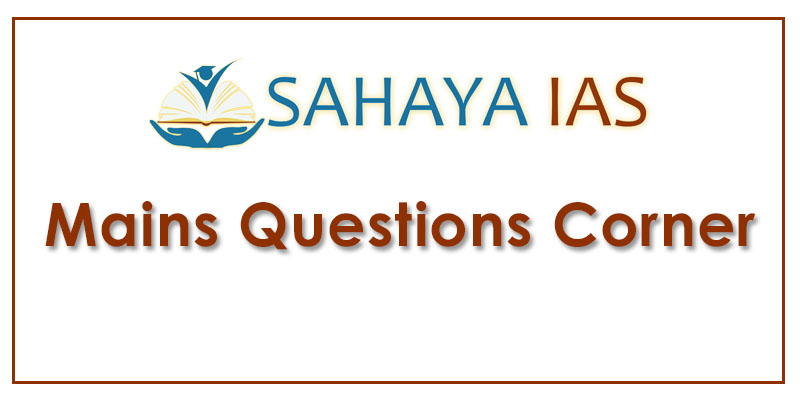Highlights
- Chief Justice of India Dipak Misra, heading a Bench, on Monday orally observed that the Supreme Court will consider whether Article 35A, which gives special status to the State and people of Jammu and Kashmir, is violative of the ‘Basic Structure’ of the Constitution.
- ‘Basic Structure’ is a collective term coined by a 13-judge Bench in the historic Keshavananda Bharati case to include a catena of fundamental rights, including the right to equality, non-discrimination, liberty, life and dignity, enshrined and preserved in the Constitution.
Article 35A
- Article 35A gives the J&K State Legislature a carte blanche to decide the ‘permanent residents’ of the State and grant them special rights and privileges in State public sector jobs, acquisition of property within the State, scholarships and other public aid and welfare programmes.
- The provision mandates that no act of the State legislature coming under the ambit of Article 35A can be challenged for violating the Indian Constitution or any other law of the land.
One of the main writ petitions was filed by NGO We the Citizens, which challenges the validity of both Article 35A and Article 370.
- It argues that four representatives from Kashmir were part of the Constituent Assembly involved in the drafting of the Constitution and the State of J&K was never accorded any special status in the Constitution.
- The petition said Article 35 A was against the “very spirit of oneness of India” as it created a “class within a class of Indian citizens.”
- Restricting citizens from other States from getting employment or buying property within Jammu and Kashmir was a violation of fundamental rights under Articles 14, 19 and 21 of the Constitution
- Article 370 was only a ‘temporary provision’ to help bring normality to J&K and strengthen democracy in that State.
- The Constitution makers did not intend Article 370 to be a tool to bring permanent amendments, like Article 35A, in the Constitution.
Source: The Hindu


Comments (0)